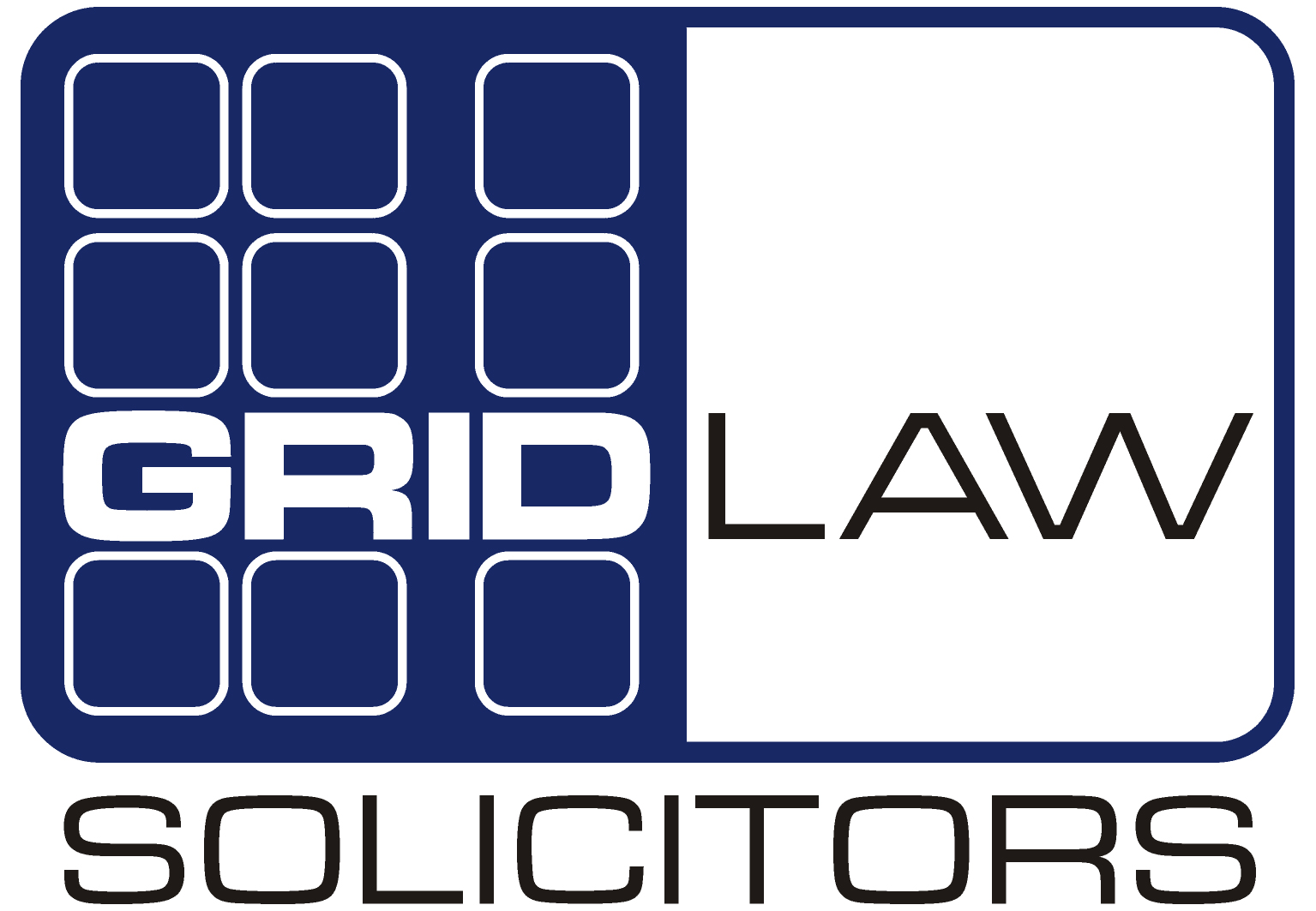
Why do I need a shareholders or partnership agreement?
If you own and control 100% of your business, you can run it (subject to complying with the law!) pretty much however you choose. You don’t have to consult with anyone before making decisions and you can change your mind at the drop of a hat.
If you don’t own and control 100% of your business, you can’t do this. You have to consult and agree with your business partners about how you will run your business.
How these decisions are made and what happens if you can’t reach an agreement will have a huge impact on the success of your business so this is what we are going to look at in this blog.
If you have a limited company, the day-to-day running of the business will be the responsibility of the directors. However, some decisions will need to be made by the shareholders (although for a small company these are likely to be the same people). If you are running a partnership, the partners make the decisions.
If you don’t have an agreement in place, the law will tell you how to run your company or partnership. This has two major disadvantages.
First, the law can be complicated to follow. For a company you have to be aware of all the relevant provisions of the Companies Act 2006 (or earlier legislation depending on the age of your company) and for a partnership, you need to understand the Partnership Act 1890.
Second, the law might not reflect what you want to do. For example, if you don’t have a partnership agreement in place, the Partnership Act 1890 says that all profits are divided equally between the partners. However, you might want to split profits 60/40 or 80/20 or in some other way to reflect the contributions which each partner is making to the partnership.
This is why having either a shareholders agreement (for a limited company) or a partnership agreement (for a partnership) is highly recommended.
By agreement, you and your business partners can set down in a legally binding contract how you want to own and run your business.
For the remainder of this article I’m just going to refer to shareholders agreements, as these tend to be more common than partnership agreements. However, many of the general principles are equally as applicable to a partnership. If you are considering setting up a partnership or are already in a partnership and are considering entering into a partnership agreement then please feel free to call me with any questions you have.
Common provisions of a shareholders agreement
As with any agreement, you can go into many different levels of detail. A shareholders agreement between four friends coming out of university and setting up a business together is going to be very different to a joint venture agreement between two multi-national companies.
Therefore, you need to find the right balance. You need to cover the most important provisions without spending a fortune on legal fees trying to guard against every eventuality that’s highly unlikely ever to arise.
Ownership
Each of the shareholders in a company will own a number of shares. They could each own the same number of shares but very often, they won’t.
For example, the shares could be split 51/49 giving one shareholder control to avoid deadlocks during decision-making.
Alternatively, different shareholders may have contributed different things when the company was incorporated. One may have invested more cash than the others, one may have contributed intellectual property rights and one may be providing specialist services. Each of these may be valued differently and this may be reflected in the number of shares they own.
It’s very common for one person to start a company and then need to raise investment by selling equity, i.e., shares in the company to an investor.
Control
The day-to-day running of the company is the responsibility of the directors but certain, more important decisions, are usually reserved for the shareholders to make.
Without a shareholders agreement, the law will say how decisions are to be made. For example, to appoint or dismiss a director the Companies Act says you need a simple majority (more than 50%) to vote in favour of the decision. However, you may decide that you want unanimous consent to make such a decision.
In this respect, shareholders agreements can be vital to protect the interests of minority shareholders.
Disputes
From time to time disputes will happen. Most of the time they will be resolved informally, but if the shareholders have a difference of opinion that can’t be resolved, the company may have to be wound up.
A shareholders agreement can set out details of how disputes should be resolved. For example, someone may be given a casting vote or a trusted advisor may be required to give an opinion or make a decision on a matter.
If the dispute cannot be resolved and the company is wound up, the shareholders agreement can contain details of how to distribute the assets between the shareholders. For example, it may be important to the individual shareholders to re-acquire any intellectual property or other assets they assigned to the company.
Payment of dividends
When the company has made a profit, you have three choices as to what to do with the cash. You can reinvest it in the company for growth, pay off debts or declare a dividend to pay to the shareholders.
To avoid any disputes, it’s advisable to have a dividend policy written into the shareholders agreement so everyone knows in advance how the money will be allocated.
New shareholders joining and existing shareholders leaving
As a company grows, new shareholders may join. They could be investors, or existing members of staff may be given an equity stake in recognition of their contributions to the company. Either way, the existing shareholders will want any new shareholder to abide by the terms of the shareholders agreement so they are usually required to sign a deed of adherence to it.
If an employee shareholder wishes to leave the company, the remaining shareholders may require that employee to sell their shares back to the remaining shareholders.
To avoid any disputes over the price of the shares, the shareholders agreement will usually contain provisions explaining how the shares should be valued.
The real value of a shareholders agreement
Starting a business can be an exciting time. It can also be very stressful as people come together with different experiences, aspirations and expectations. As we have seen, they may also be making different contributions to the company, such as cash, intellectual property rights or expertise.
Whilst they’re rushing to get their product to market or service launched as quickly as possible it’s easy to assume that all shareholders will want the same thing, but the reality can be very different, especially in the long term.
In my experience, the true value of a shareholders or partnership agreement comes in its negotiation. By having everyone sit down and talk through the issues, they know exactly where they stand from the start so they can avoid future disputes.
I provide all of my clients with a checklist of issues to consider when they are thinking of starting a business, including what should be included in a shareholders or partnership agreement. If you would like a copy of these checklists, please click below.
Free download: Shareholders agreement checklist
If you have any questions about shareholders agreements, please feel free to call me on a no obligation basis.

